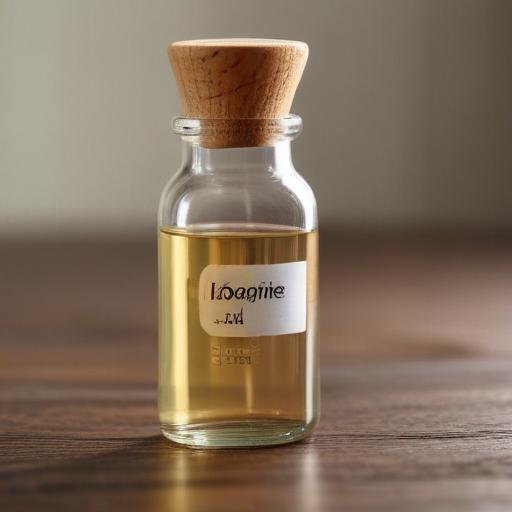Brett Favre, the legendary NFL quarterback, recently turned to a controversial treatment for managing Parkinson’s disease, which he publicly revealed in September. He is participating in the Neuroregenerative Program at Ambio Life Sciences in Mexico, exploring ibogaine as a potential remedy for early symptoms of the disease.
Ibogaine, a natural psychedelic compound, is under study for its effects on traumatic brain injury and multiple sclerosis, but it has not received FDA approval and remains a contentious topic in the medical field. Favre learned about ibogaine from a friend who had a positive experience with the treatment and was impressed by the reported outcomes.
“I have felt a real shift, especially in my sleep and energy,” Favre remarked after beginning his treatment in Tijuana. The Ambio program aims to regenerate damaged neural tissue through a combination of plant-based medicine and clinical support.
Favre’s journey highlights a growing concern among former football players who confront the lasting effects of chronic traumatic encephalopathy (CTE) and other neurological issues post-career. He has voiced worries about his future since receiving the Parkinson’s diagnosis, expressing the emotional weight of uncertainty that accompanies such a condition.
In an effort to inspire hope and healing, Favre encourages others, particularly athletes who may be dealing with similar challenges, to consider trying ibogaine. “If you are contemplating it, come do it,” he urged, suggesting the potential benefits of the treatment based on anecdotal experiences.
While the medical community remains divided on this approach, Favre’s willingness to seek out unconventional avenues could serve as a beacon for others grappling with similar health issues.
This article sheds light on Favre’s activism regarding Parkinson’s disease, showcasing a narrative of empowerment and the quest for alternative therapies amid challenging circumstances.
